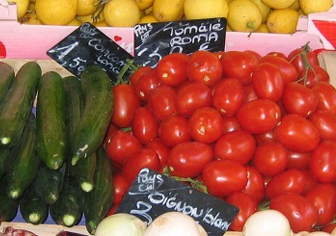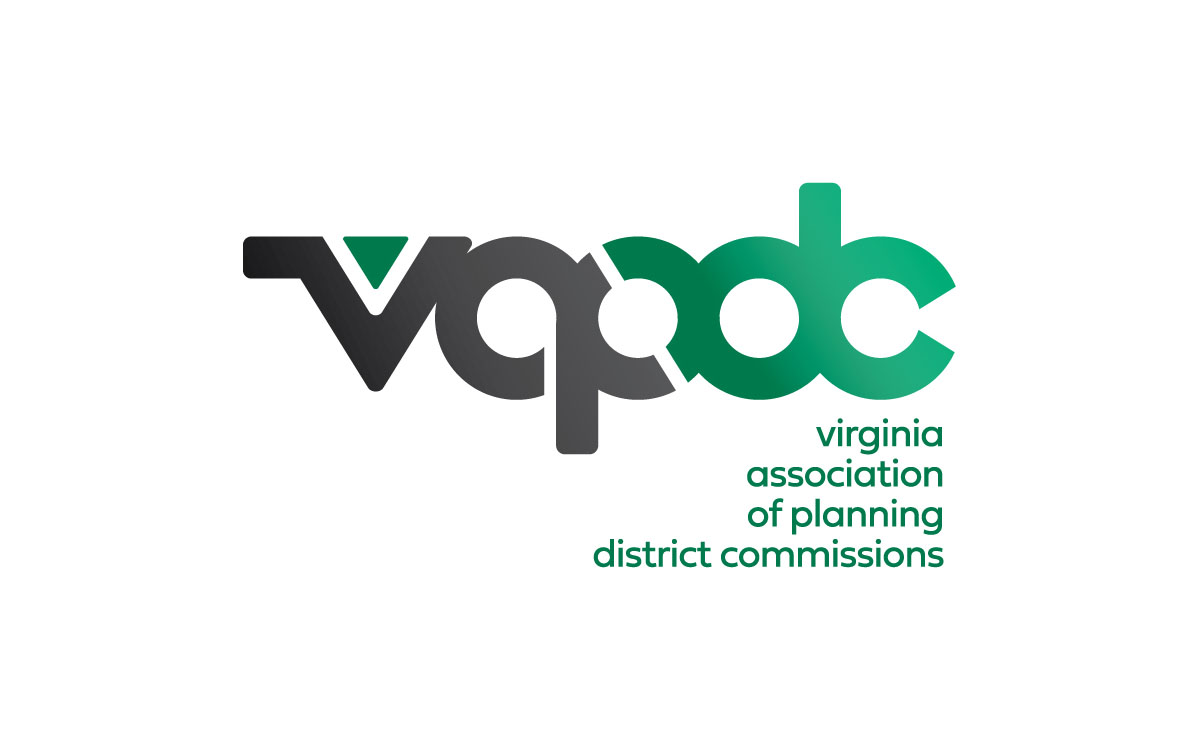Update: March 2016
The Region 2000 Food Hub Feasibility Study is in the business plan formation stage. In summary, the business plan presented by ACDS to the LGC on 3/17 would allow producers to become group certified under USDA’s GAP program, which is required by many larger buyers; enter into negotiations with several large Northern Virginia and East Coast buyers for beef product; and develop a brand and marketing strategy including developing services for produce product placement in larger stores.
The Business Plan calls for the creation of a 501-(c)-5 non-profit organization to run the Cooperative. The Board would consist of producers and extension agents and a representative of initial investors such as the Local Government Council. Initial staff would be a part time employee and perhaps some secretarial support. The financials have the non-profit dependent on grants for two years and then standing on its own with revenue from the sale of product and member dues.
Update: August 2015
The Region 2000 Food Hub Feasibility Study is officially underway! Staff toured the Region 2000 planning area with members of ACDS (Baltimore, MD)—the consultant firm contracted to lead the study—visiting with members of the Appomattox Farm Bureau, the Chairman of the Young Farmers Association in Bedford, Yoders Farm in Campbell County, Lynchburg Grows Urban Farm, and with direct market farmers at the Land and Table event held in Sedalia. Members of Virgina Cooperative Extension and Regional Economic Development Operations were also briefed on the direction and schedule of the project which is expected to be completed by January 2016.
Original Post: February 2015
The Region 2000 Local Government Council (LGC) was awarded a $19,275 matching grant from the Department of Housing and Community Development (DHCD) to study the feasibility of establishing a “food hub” that could potentially connect small-scale producers with large-scale consumers like hospitals or schools. The LGC is committed to thinking strategically about how to better support and integrate agriculture and forestry-based industries into their community’s overall economic development efforts; therefore they have put forth the required “one-to-one” match to the DHCD grant.
Determining the feasibility of a food hub for Region 2000 was one of the major goals from the Strategic Plan for the Agriculture and Forestry Economy in Virginia’s Region 2000 which was completed in July, 2014. Centra Health has expressed interest in the study and will be represented on the food hub project management team. A kick-off meeting for the project management team is scheduled for the end of February. The timeline for the project is 18 months.



